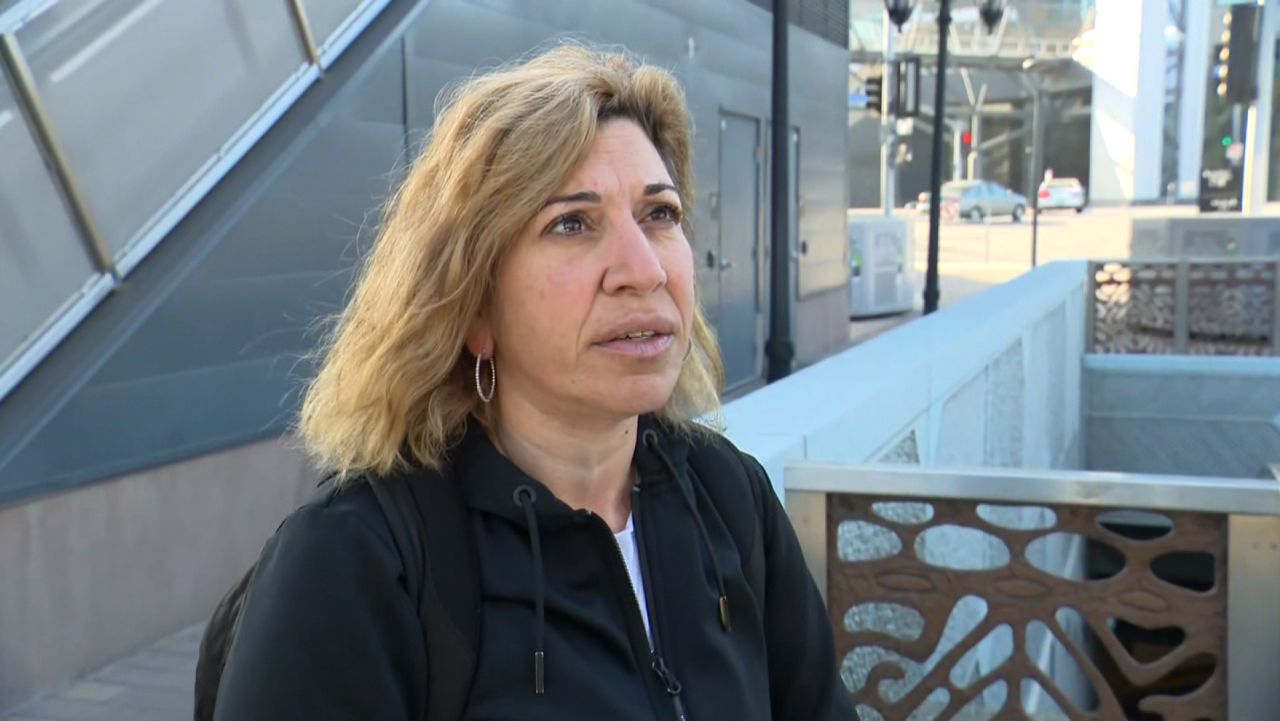President Joe Biden is taking a go-big-or-go-home approach toward easing the supply shock caused by Russia’s invasion of Ukraine.
Biden on Thursday announced a release of a record-shattering 180 million barrels of oil from the Strategic Petroleum Reserve, the nation’s emergency stockpile of oil.
The staggering size of the release – more than triple the prior record, set just four months ago – is aimed at cushioning the loss of Russian oil sidelined since the invasion began.
“This is the mother-of-all SPR releases,” Tom Kloza, global head of energy analysis at the Oil Price Information Service, told CNN.
Although the administration’s shock-and-awe campaign should help in the short term, it won’t make gas cheap again. In fact, industry experts warned that pump prices may very well set new records this spring and summer, although perhaps not as high as previously feared.
“We’re not going to see a collapse in oil markets,” Kloza said.
US oil plunged 7% to a low of $100.16 a barrel Wednesday night when news broke of the massive emergency oil release. By midday on Thursday, oil bounced back to $104 a barrel, down 3.5% on the day.
Oil prices would have to fall much further to have a real impact on gas prices.
Kloza now sees the national average for regular gas maxing out at $4.50 a gallon this year, compared with his prior call for $4.75 a gallon. The national average stands at $4.23 a gallon now, according to AAA.
“This could suppress the numbers, a bit,” he said.
Joe McMonigle, secretary general of the International Energy Forum, isn’t expecting a radical change either.
“Such a big number might provide some temporary relief from high prices,” McMonigle told CNN.
Emphasis on temporary. The problem is the SPR isn’t a bottomless pit of oil. It’s not a sustainable solution.
‘Hella-bullish’
Reserves were already sitting at 20-year lows before Thursday’s historic move. The 180-million-barrel release amounts to a loss of one-third of the oil still in the SPR.
And the market knows this, setting up a longer-term problem.
“I worry dramatically lowering inventories will be seen as bullish for prices by the market,” McMonigle said.
The take from investors is that either the SPR gets refilled, boosting demand in the future, or it doesn’t, leaving less firepower for the next emergency.
“My view is this accelerated draining of our SPR is hella-bullish for crude oil prices later this decade,” said Robert McNally, president of consulting firm Rapidan Energy.
The White House is signaling it will refill the SPR. The administration said the Department of Energy will use the revenue from the release to restock the SPR “in future years,” adding that this will provide a signal of future demand that should help encourage domestic production today.
Building a bridge to bigger US supply
Lackluster US supply is part of the problem.
Even though oil prices have nearly doubled since the end of 2019, US production is down about 10% over that period.
“This is a bridge towards greater supply coming on the market from the United States and elsewhere,” a senior administration official told reporters during a conference call Thursday.
To encourage US oil companies to ramp up production, the White House said Biden is calling on Congress to make companies pay fees on wells from their leases that they haven’t used in years and on acres of public lands that they are hoarding without producing.
Companies “will have to choose” whether to start producing or pay a fee for each idled well and unused acre, the White House said.
‘The most sanctioned country on Earth’
The scale of the SPR release suggests US officials are bracing the market for a long and drawn-out supply shock caused by sanctions and buyers stepping away from Russian oil.
“The SPR release is being used as a tool to blunt the impact of these foreign policy decisions for US consumers,” RBC Capital’s Helima Croft wrote in a note to clients on Thursday. “We are of the view that these losses will be enduring, as Russia will likely remain the most sanctioned country on Earth for the foreseeable future given the way it has conducted the military campaign.”
The International Energy Agency recently warned Russia’s output could drop by 3 million barrels per day in April.
Biden’s plan to release 1 million barrels per day only makes up for a third of that potential loss of Russian oil.
That suggests prices will stay high until more supply comes on or demand goes down.
“The only thing that will stop gasoline prices from rising is either a resolution to the Russian attack on Ukraine that removes sanctions pressure,” McNally said, “or demand declines, probably requiring an economic downturn.”





